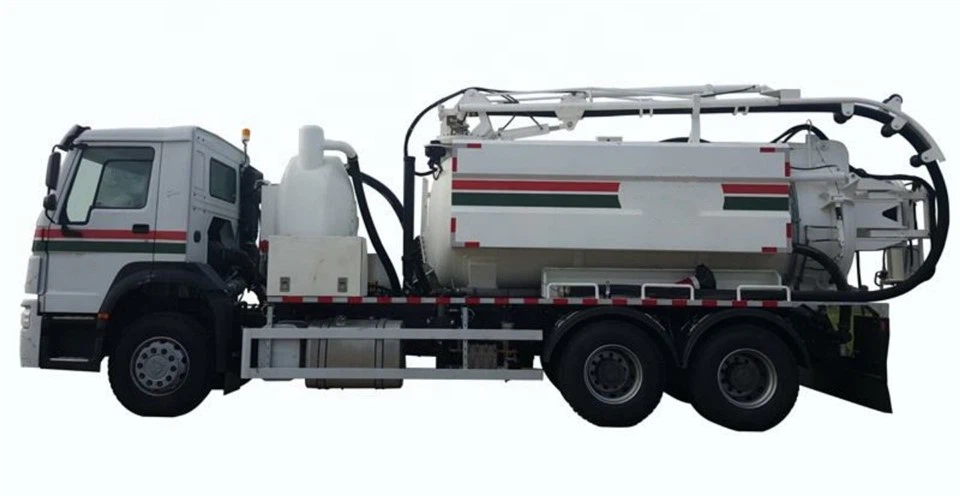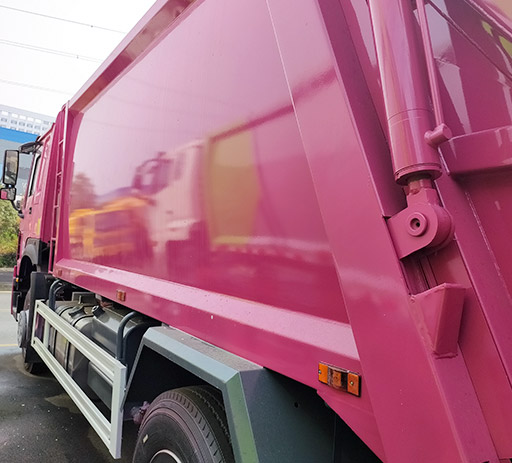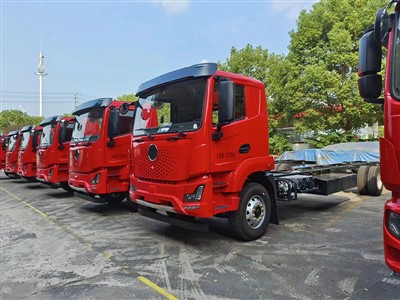Everything You Need to Know About Hyundai Translead Trailers

Introduction to Hyundai Translead Trailers
Hyundai Translead is a significant name in the trailer manufacturing industry, recognized for its innovation, durability, and advanced technology. Originating from Hyundai’s commitment to excellence in engineering, the trailers produced by Hyundai Translead are designed to meet a wide variety of transportation needs, making them a preferred choice for businesses worldwide. This article delves deep into the features, advantages, and specific models of Hyundai Translead trailers, providing insights that cater to fleet owners, operators, and end-users.
History of Hyundai Translead
Founding and Growth
Hyundai Translead was established in the United States in 1989, aiming to revolutionize the trailer manufacturing sector. The brand quickly became synonymous with quality, leveraging Hyundai’s global resources and expertise. Over the years, the company expanded its product range, focusing on various trailer solutions that cater to different industries, particularly in freight and logistics.
Innovation and Technology
Hyundai Translead has always emphasized innovation. The company has continuously integrated the latest technologies in manufacturing processes and trailer designs. From advanced materials to smart features that improve functionality and efficiency, Hyundai Translead is at the forefront of trailer technology.
Types of Hyundai Translead Trailers
Hyundai Translead offers several types of trailers, each designed to serve specific industry needs:
1. Dry Van Trailers
Dry van trailers are perhaps the most common type in logistics. They are enclosed trailers used to transport non-perishable goods.
- Specifications: Standard lengths between 28 to 53 feet.
- Features: Durable aluminum and steel construction, multiple door configurations, and customizable interior options.
2. Flatbed Trailers
Flatbed trailers are designed for transporting heavy and oversized loads that do not require enclosure.
- Specifications: Lengths typically range from 48 to 53 feet.
- Features: Multiple tie-down points, versatile loading options, and reinforced frames.

3. Refrigerated Trailers
Refrigerated trailers, or reefer trailers, are specialized for transporting perishables that require temperature control.
- Specifications: Typically available in 53-foot lengths with adjustable temperature settings.
- Features: Insulation out of foam composite materials and advanced cooling technologies.
4. Specialty Trailers
Hyundai Translead also manufactures various specialty trailers tailored to unique transportation needs, such as car haulers or container chassis.
- Specifications: Customized to the specifications dictated by the customer’s needs.
- Features: Built-in winches, customized storage solutions, and adjustable lengths.

Key Features of Hyundai Translead Trailers
High Durability
Hyundai Translead trailers are engineered for longevity. Built using top-grade materials, they withstand the rigors of constant use. Enhanced corrosion resistance is also a prominent feature, ensuring that trailers remain in optimal condition for years.
Advanced Aerodynamics
The company invests in aerodynamic designs that contribute both to fuel efficiency and reduced wind resistance. For long hauls, this translates to cost savings and an environmentally friendly operation.
Eco-Friendly Solutions
Hyundai Translead puts significant effort into sustainability. Many of their trailers are built with eco-friendly materials and designed to minimize carbon footprints during operation, addressing modern environmental concerns.
Benefits of Using Hyundai Translead Trailers
Cost Efficiency
Investing in a Hyundai Translead trailer leads to substantial cost savings over time. Their durability means fewer repairs and replacements, while fuel-efficient designs reduce operational expenses.
Versatile Applications
The range of trailers available means that business owners can find a model that exactly suits their transportation needs, whether they are moving dry goods, refrigerated items, or oversized loads.
Safety Features
Hyundai Translead prioritizes safety with structural designs that enhance balance and road stability. Many models are equipped with features like anti-lock braking systems and reflective tapes that increase visibility during night operations.
Practical Examples of Hyundai Translead Trailers in Use
1. Logistics Companies
Logistics firms often deploy multiple Hyundai Translead dry van trailers to maximize efficiency. Thanks to their robust build and spacious capacity, these trailers can accommodate a variety of freight, significantly improving load management.
2. Food Distribution
Companies like food distributors rely heavily on refrigerated trailers to maintain the cold chain. Hyundai Translead’s advanced refrigeration systems ensure that perishable goods remain fresh during transport.
3. Construction Industry
Flatbed trailers enable construction companies to transport heavy equipment and materials securely. The flexibility in load management allows for an efficient and effective delivery process.
Maintenance Tips for Hyundai Translead Trailers
Regular Inspections
Conducting regular inspections of the trailer’s structural integrity, brakes, and tires can prevent more significant issues down the line. It’s crucial to check for any signs of wear and tear consistently.
Proper Loading Techniques
Ensure that loads are evenly distributed to maintain balance and prevent any undue stress on the trailer frame. This practice not only optimizes performance but also prolongs the lifespan of the equipment.

Cleaning and Upkeep
Keeping the trailer clean from debris, dirt, and contaminants helps maintain the finish and prolongs its life. Schedule regular cleanings, particularly for reefer trailers that may accumulate residue from transported goods.
Hyundai Translead Trailers in the Marketplace
Overview of the Competitive Landscape
Hyundai Translead faces competition from various manufacturers in the trailer industry, but its commitment to quality and client satisfaction sets it apart. Key competitors include companies like Wabash National and Great Dane Trailers.
Cost Considerations
While Hyundai Translead trailers might have a higher initial purchase price than some competitors, their longevity and efficiency typically lead to lower overall costs. A detailed cost-benefit analysis can help businesses make informed decisions.
Frequently Asked Questions (FAQ)
What types of materials are Hyundai Translead trailers made from?
Hyundai Translead trailers are constructed using various high-quality materials, including aluminum, steel, and composite materials, designed for durability and strength.
How can I choose the right Hyundai Translead trailer for my business?
Consider factors such as the type of goods you will be transporting, load capacity requirements, and operational conditions. Always consult with a Hyundai Translead dealer to get tailored recommendations.
What is the warranty period for Hyundai Translead trailers?
The warranty for Hyundai Translead trailers typically ranges between one to five years, depending on the model and specific components. It’s advisable to check the warranty details when making a purchase.
Are Hyundai Translead trailers suitable for large loads?
Yes, Hyundai Translead offers specialized models such as flatbed trailers that are specifically designed to handle heavy and oversized loads efficiently and safely.
Where can I purchase Hyundai Translead trailers?
Hyundai Translead trailers can be purchased through authorized dealers and distributors. It is recommended to verify the dealer’s credentials to ensure quality service and support.
What maintenance is required for Hyundai Translead trailers?
Regular maintenance includes inspection of brakes, tires, and structural elements, proper loading techniques, and keeping the trailer clean from debris and contaminants.
